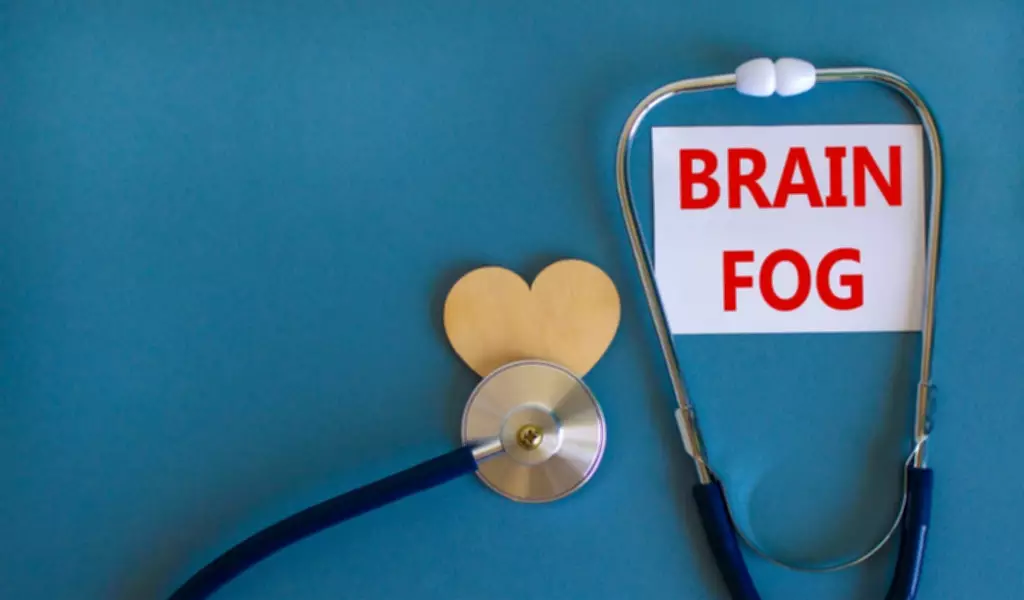
In this article, we’ll break down why sleep problems can stick around long after alcohol withdrawal and how to drug addiction treatment get your nights (and peace of mind) back. It’s also essential to be kind to yourself and allow your body the time it needs to adjust to the changes. Avoiding or limiting other sources of caffeine, getting enough vitamins and minerals, and maintaining a balanced diet can also support the transition. If symptoms persist or worsen, consult with a healthcare professional for personalized guidance and support. They can help you develop a plan to manage withdrawal symptoms and ensure a smooth transition to a coffee-free lifestyle.
Recovery Programs
If you’re dependent on alcohol, it’s important to detox under medical supervision. Medical professionals can help you manage alcohol withdrawal and insomnia, and set you up for success in recovery. Exercise regulates your natural sleep-wake cycle8 and reduces withdrawal-related anxiety.

Timeline of Alcohol Withdrawal
Then I received the unexpected gift of sleeping in a room with blackout curtains, a breezy ceiling fan, and no baby monitor. This sounds obvious, but many of us do not have bedrooms that promote sleep. Recent studies have shown that eating a diet low in fiber and high in saturated fat and sugar (a.k.a. the standard Western diet) leads to lighter, less restorative sleep.
- If at any time you feel as though you are tapering too quickly, make adjustments and slow down the amount you cut and/or how quickly you do it.
- During the 12- to 24-hour time frame after the last drink, most people will begin to have noticeable symptoms.
- For people that quit drinking and can’t sleep… I’m SUPER PUMPED to tell you about Sleep Support because it’s an easy and affordable way to consume many of my favorite sleep-inducing nutrients.
- Chronic insomnia is a relatively common result of alcohol withdrawal syndrome (AWS) and may be accompanied by other symptoms such as headache, fever, vomiting, and intense cravings.
- And, if one or both of your parents are alcoholics or struggled with alcoholism at one time, you have a four-fold risk of also becoming addicted to alcohol.
- Singh’s research and clinical practice focuses on sleep disorders, including excessive daytime sleepiness, narcolepsy, sleep apnea, chronic snoring, insomnia, and sleep education.
What is the Link Between Alcohol and insomnia?
This includes maintaining a consistent sleep schedule by going to bed and waking up at the same time every day, even on weekends. Age significantly influences withdrawal insomnia severity, with older adults often experiencing more persistent sleep problems due to natural age-related changes in sleep architecture. Overall physical health also matters, as people with medical conditions like heart disease, diabetes, or chronic pain may have additional factors that complicate sleep during withdrawal. Most people’s sleep patterns gradually improve in the weeks following detox.
For this article, she conducted interviews with multiple doctors for their expertise and recommendations and read research on alcohol and its effect on the body. If it’s winter, you may notice fewer colds than in the past, but in warmer months, the changes may be more subtle, but that doesn’t mean they aren’t there. “Giving your body six months of water absorption will improve your digestion and constipation,” says Dr. Mosquera. For men, this can look like lowered libido and erectile dysfunction, as well as decreased muscle mass. For women, it can increase the risk of breast cancer, impair bone can stopping drinking cause insomnia health, and lead to mood changes.
- For the treatment of either disorder to be effective, both insomnia and substance abuse should be addressed together.
- This can also make it hard to fall back asleep if you are woken up in the middle of the night.
- If you’re considering a break from alcohol, it might also be helpful to think about why you drink.
- Stopping alcohol will reduce the number of empty calories that you consume.
- More severe cases of chronic insomnia may require different treatment strategies.
- Stress management and relaxation techniques can help calm the mind during the daytime.
- Caffeine acts on the nervous system,7 increasing alertness and anxiety and making it harder to sleep.
If at any time you feel as though you are tapering too quickly, make adjustments and slow down the amount you cut and/or how quickly you do it. Additionally when you drink every day for years, it becomes ingrained almost as an innate habit that is even tougher to drop as alcohol has become part of your physiology. It is easier for your body to get used to functioning without alcohol when you only used it for a short period of time.

The CDC defines moderate drinking as two or fewer drinks for males, and one or fewer for females, in a given day. However, in the second half of a night’s sleep, alcohol diminishes the amount of REM sleep. Alcohol’s negative effects on sleep quality worsen after several nights of drinking. Studies have shown that short-term alcohol use can shorten the time it takes to fall asleep.
How Is Recovery.com Different?

Alcohol withdrawal is a potentially serious complication of alcohol use disorder. It’s important to get medical help even if you have mild symptoms of withdrawal, as it’s difficult to predict in the beginning how much worse the symptoms could get. Alcohol use and dependence appear to interfere with circadian rhythms—biological patterns that operate on a 24-hour clock. These fluctuations play a vital role in the sleep-wake cycle, and when they are weakened—or absent—a person may feel alert when they want to sleep and sleepy when they want to be awake.
Because alcohol’s effects vary for each person, even small amounts can worsen sleep quality for some people. It’s essential to do what you can to reduce symptoms of insomnia to aid in recovery. Because of the damage that alcohol can do to your sleep cycles, sleep problems are common, even if you stop drinking. However, you may continue to have trouble sleeping for years after you stop drinking.

